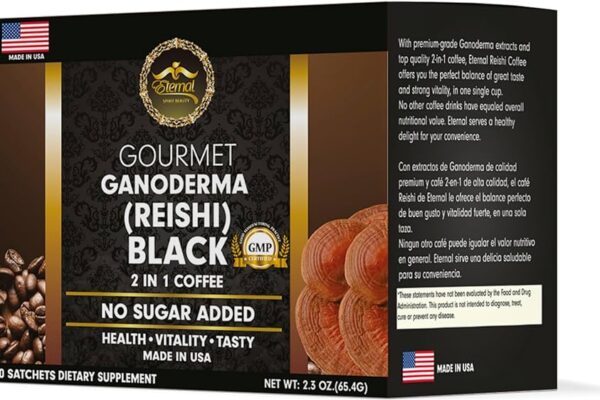Blog
Can You Drink Mushroom Coffee While Pregnant?
Mushroom coffee is a beverage composed of mushroom powders mixed with ground coffee that claims to offer digestive health benefits similar to regular coffee without its caffeine and other harmful components. It has gained increasing popularity due to purported anti-inflammatory and immune-boosting effects as well as being easier on stomach than traditional coffee and having milder flavor notes; however, no scientific evidence exists supporting such claims, and some experts consider mushroom coffee not safe for pregnant women.
Does Mushroom Coffee Affect Pregnancy
Unfortunately, this question cannot be answered with certainty as the answer varies based on both the type of mushrooms used in a blend and its caffeine content. Since most mushroom coffee blends typically only contain small amounts of coffee, caffeine content typically remains relatively low – though some products contain higher caffeine amounts than others; expectant mothers must carefully examine nutritional label information prior to making their decision about consumption of any brand before making this choice.
Certain blends of mushroom coffee may not be safe for pregnant women, such as chaga or turkey tail mushrooms that contain oxalates which bind calcium crystals, potentially leading to kidney stones, as well as increasing your risk of uterine fibroids.
Other products contain safer ingredients, like lion’s mane mushrooms (aka yamabushitake). These mushrooms have long been touted for their potential health benefits; in particular, their content of antioxidants such as glutathione and ergothioneine has been shown to reduce inflammation while combatting cancer – making this product an ideal addition to a pregnancy diet.
Before trying any new food or supplement, including mushroom coffee, it is advisable to speak to one’s healthcare provider first. They can provide personalized medical advice based on a person’s health history and pregnancy status.
Women should limit themselves to no more than 400 milligrams of caffeine daily; this amount is generally safe but could pose risks in certain situations; those suffering from cardiovascular disease or high blood pressure should limit their consumption even further.
Pregnant women should avoid eating raw mushrooms during gestation as these have yet to be fully sterilized and could contain potentially dangerous bacteria. Though edible mushrooms are safe to eat in moderation, for optimal safety it is wise to only consume cooked or fermented varieties which ensure any harmful bacteria have been killed and that the mushroom remains safe for consumption.






